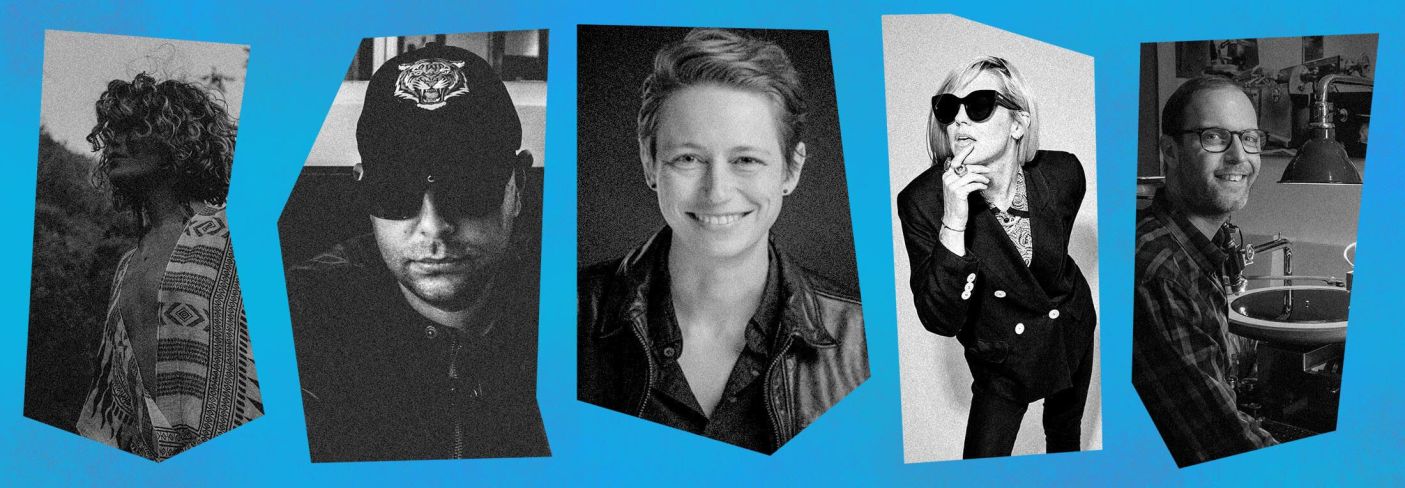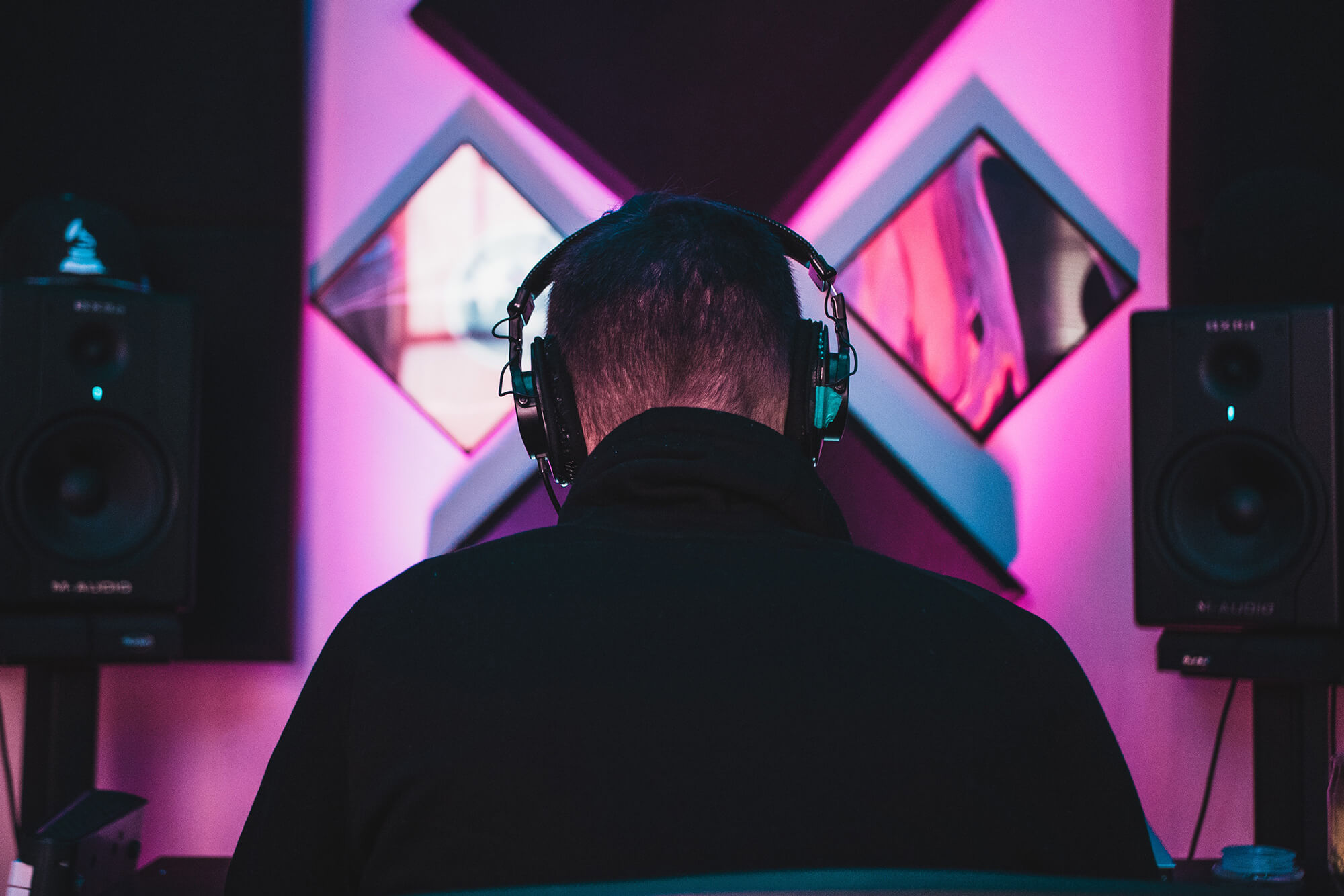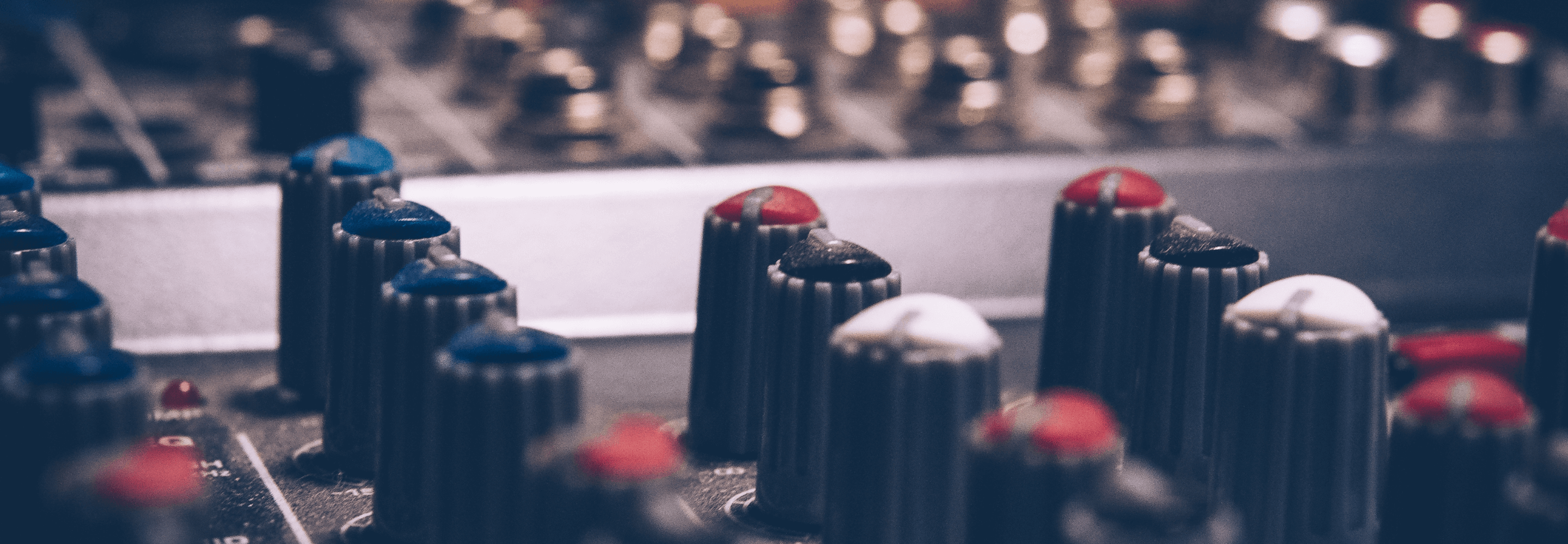
Working With a Mastering Engineer: Tips from the Pros
We demystify the dark art of mastering by sharing the simple steps you can take to successfully collaborate with others in mastering.
Mastering can often be seen as a dark art, one that those uninvolved shy away from. As a result, it can sometimes make the communication between a mastering engineer and their artist/client a bit clunky. In this article, we demystify the art of mastering by shedding light on the simple steps one can take to successfully collaborate with a mastering engineer and in turn, take the music to the finish line as a fully-realized mastered record.
In this piece you’ll learn:
- How to effectively navigate your way through a mastering session to make a professional-sounding record, especially if it’s your first time as an artist, producer, or mix engineer.
- Tips to better collaborate with artists/producers as a mastering engineer to achieve the sound they’re looking for.
- Industry pros’ (artists, producers, mastering engineers) personal experiences with collaboration in mastering.
We invited the following seasoned artists/producers and mastering engineers to each share their unique perspective on how to foster better collaboration at the mastering stage.

From left to right: Jaclyn “Aya Jack” Sanchez, Kav Sandhu, Vanessa Silberman, Piper Payne, and Stephen Marsh
Looking for more mastering tips? Try a free 7-day trial of


iZotope Music Production Suite Pro: Monthly


Ozone Advanced
Learn how GRAMMY-winning mastering engineer Emerson "Em" Mancini uses Ozone to master songs in a professional studio.
Why collaborate with a mastering engineer?
We’ve covered this in varying degrees before, but it bears repeating how important this collaborative process is. It gives music the opportunity to reach its full potential in ways a DIY production simply can’t, mainly because of 2 factors: 1) objectivity and 2) the “big picture” perspective.
As the artist/producer who has lived and breathed their own music for days, weeks or even months, there may be a tendency to get fixated on every small production detail rather than the big picture. This makes it more challenging to tackle the final quality check on the overall sound before sending that track out into the real world. But through collaboration, a space is opened for someone with an unbiased pair of ears to do this final quality check. No stone is then left unturned. Add to that a mastering engineer’s years of experience with critical listening, the artist’s music stands a better chance of sounding the best way possible no matter the playback system, listening environment and format.

Through collaboration, a space is opened for someone with an unbiased pair of ears to do this final mastering quality check
However, it’s worth keeping in mind that it takes a two-way collaborative relationship between the artist/producer and the mastering engineer to ensure an inspired, productive session. Here are a few simple steps you can take to ensure an effective collaboration in mastering.
Tip #1: Preparation and documentation are key
Vanessa Silberman (Artist): Make sure that if you mixed your record yourself, you leave enough headroom for the mastering engineer to do their job. It’s good to ask your mastering engineer ahead of time their preferred delivery specs, such as how much headroom they want (typically, it’s -3db to -6db). Take off any limiters or compression on your master track that you may have used to make it louder. But if you do end up finding a particular loud sound/color with compression that you really love on your master bus, send them both versions and communicate it.
Piper Payne (Mastering Engineer): Keep a safe space for the collaboration by including your phone number in your emails. Document everything and be reliable and available in case any questions/feedback arise during the course of the mastering stage.
Tip #2: Find the right mastering engineer for you
Jaclyn Sanchez (Artist): I constantly advocate for artists to build a growing relationship with their mastering engineer. When you’ve worked with your mastering engineer for a long enough time, they build an inherent understanding of your work and sound. You’ll eventually gain mutual trust and you can send projects without going through as many revisions and mastering notes.
Kav Sandhu (Artist): The most important thing for me as an artist is to know that the engineer you are working with has experience, or is a fan of similar styles of music to the project you are working on. Feeling that you’re on the same page as the mastering engineer from the start is important. This helps you feel confident in the process and it’s much easier to trust their expertise and let them get on with it. Once you find someone who is on the same page as you, someone who is passionate about the style of music you’re making, this should result in something close to what you’re looking for. Once you find the right engineer, you tend to work with them again and again, so your relationship builds and they’ll eventually know exactly what you’re looking for.

“Build a growing relationship with their mastering engineer. When you’ve worked with your mastering engineer for a long enough time, they build an inherent understanding of your work and sound.” - Jaclyn Sanchez
Tip #3: Embrace trial-and-error when mastering
Jaclyn Sanchez (Artist): As the artist, the relationship you have with your mixing engineer and the mastering engineer are very important and so until that is built, your first time working with them will go through a period of a little trial and error. Understand that part of nurturing this collaborative process involves patience and a lot of communication that’s honest and direct.
Stephen Marsh (Mastering Engineer): Pat Smear once taught me something that I think is worthwhile and I've carried into every session since: never be afraid to try something even if you don't believe it will work. In a world of infinite possibilities, sometimes eliminating even just one or two can often reveal the best path forward.
Tip #4: Communication is essential to a successful collaboration
Vanessa Silberman (Artist): When you are sending your track to a mastering engineer, communication is key. For example, if you’re wanting to bring out a particular frequency or boost a certain sound that you weren’t able to achieve in the mix, song references can be great! Also, if you love the mix so much that you want the master to be as transparent as possible, communicate that.
Jaclyn Sanchez (Artist): Communication goes both ways. Trusting your engineers and their ears are crucial but it’s just as important to not be afraid to voice your opinion as the artist/producer. Even if you don’t have the technical terms. If you describe it the best way you can with your own words, your engineer should be able to interpret that or ask the appropriate questions to help them further understand your vision. (e.g. “Maybe the high end is a little too bright,” “I think the master sounds a bit over-compressed.”)
Tip #5: Trust the collaborative process
Kav Sandhu (Artist): Although communication is absolutely essential, I also find it best not to communicate in too much detail. If you get too involved you may confuse the process and you may not get the best out of the mastering engineer. By limiting your mastering engineer with too many suggestions, you may not get the best results, as they will feel constricted. Trust their expertise and allow them to get their job done.
Stephen Marsh (Mastering Engineer): I've always felt that artists and engineers communicate in a lot of different ways, but always through an elixir of trust. As the mastering engineer, you have to be willing to trust the artist enough to not only take any potential dead-ends in stride, you need to enjoy the ride.
Piper Payne (Mastering Engineer): For artists, try to approach it from the stance that we are making something together that will stand the test of time and that with good communication, we can be sure you'll be happy with it years from now. For producers/mixing engineers, trust your mastering engineer and approach it from the stance that my job is to make you look good to the artist.

“Artists and engineers communicate in a lot of different ways, but always through an elixir of trust.” - Stephen Marsh
Make your music sound better through collaboration
Though we’ve gathered these insights from varying perspectives (artists, producers and mastering engineers), you’ll find that every piece of advice shared here by our industry experts will benefit your journey towards an effective collaboration in mastering regardless of your background. But this can only happen if you take the leap and start the collaborative journey today. It’s always a bumpy ride for anyone in the beginning, but you’ll find the journey to be incredibly rewarding for your creative process in the long run. Enjoy the ride!

